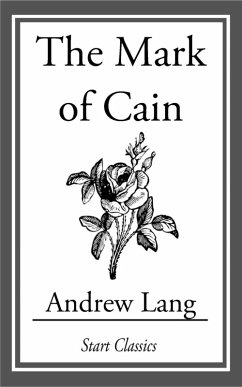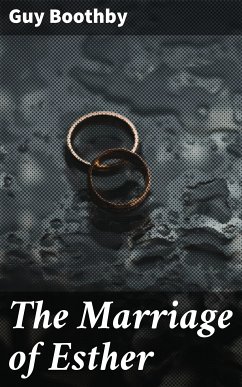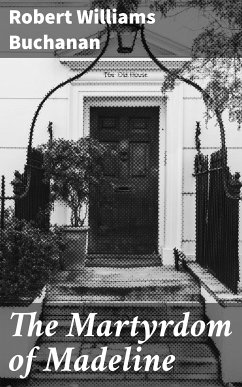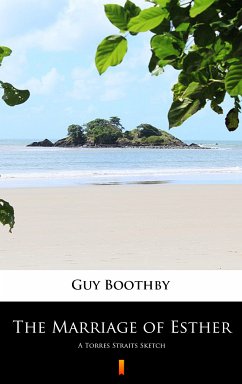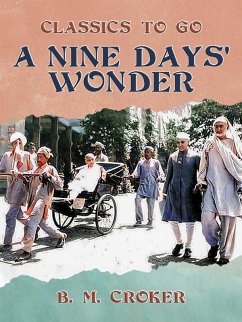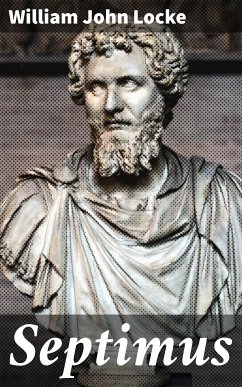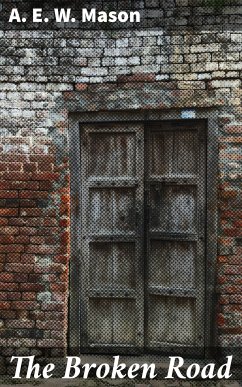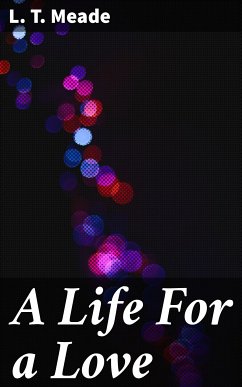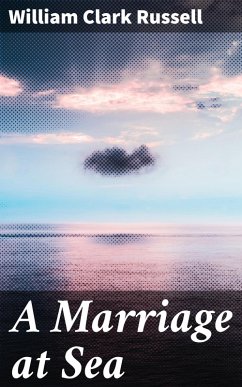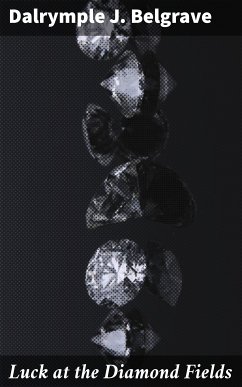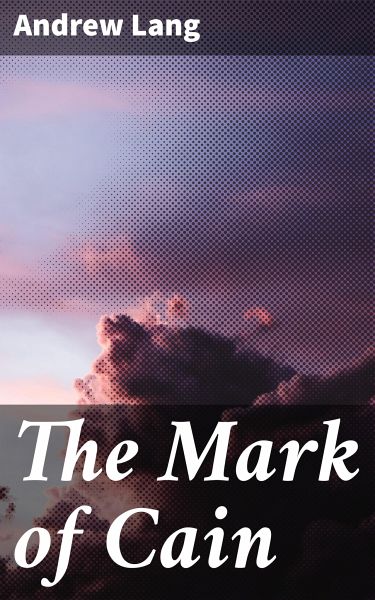
The Mark of Cain (eBook, ePUB)
A Tale of Morality, Guilt, and Redemption
Versandkostenfrei!
Sofort per Download lieferbar
0,49 €
inkl. MwSt.
Weitere Ausgaben:

PAYBACK Punkte
0 °P sammeln!
In 'The Mark of Cain,' Andrew Lang seamlessly weaves together elements of folklore, myth, and moral inquiry within a narrative that is as provocative as it is eloquent. Set against the backdrop of the late 19th century, Lang employs an accessible yet richly descriptive prose style to explore complex themes of guilt, redemption, and the human condition. The novella's literary context is further enhanced by Lang's extensive knowledge of mythology and anthropology, allowing him to frame the biblical story of Cain and Abel within a broader spectrum of human experience and moral conflict. Andrew La...
In 'The Mark of Cain,' Andrew Lang seamlessly weaves together elements of folklore, myth, and moral inquiry within a narrative that is as provocative as it is eloquent. Set against the backdrop of the late 19th century, Lang employs an accessible yet richly descriptive prose style to explore complex themes of guilt, redemption, and the human condition. The novella's literary context is further enhanced by Lang's extensive knowledge of mythology and anthropology, allowing him to frame the biblical story of Cain and Abel within a broader spectrum of human experience and moral conflict. Andrew Lang, a noted Scottish writer, anthropologist, and critic, was known for his contributions to the study of folklore and his belief in the power of stories to reflect and shape cultural values. His literary career was marked by an unwavering curiosity about the human experience, illustrated in his various works that traverse genres. This fascination with myth and moral narrative likely inspired him to craft 'The Mark of Cain,' making it a poignant exploration of the eternal struggle between good and evil. Readers seeking a thought-provoking examination of morality wrapped in a rich tapestry of myth will find 'The Mark of Cain' an invaluable addition to their literary library. Lang'Äôs brilliance shines through in this compact narrative, inviting reflection on themes that remain ever-relevant today.
Dieser Download kann aus rechtlichen Gründen nur mit Rechnungsadresse in A, B, BG, CY, CZ, D, DK, EW, E, FIN, F, GR, H, IRL, I, LT, L, LR, M, NL, PL, P, R, S, SLO, SK ausgeliefert werden.




